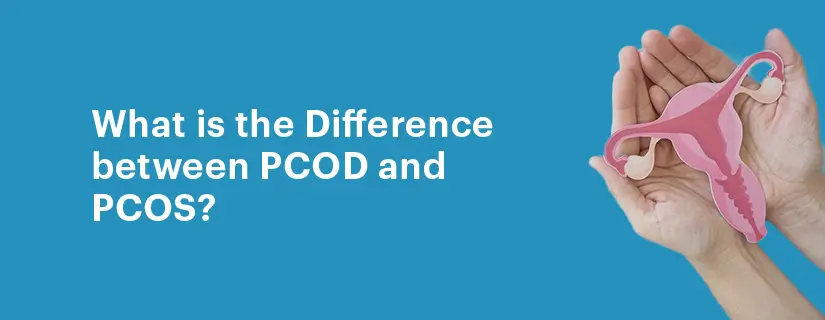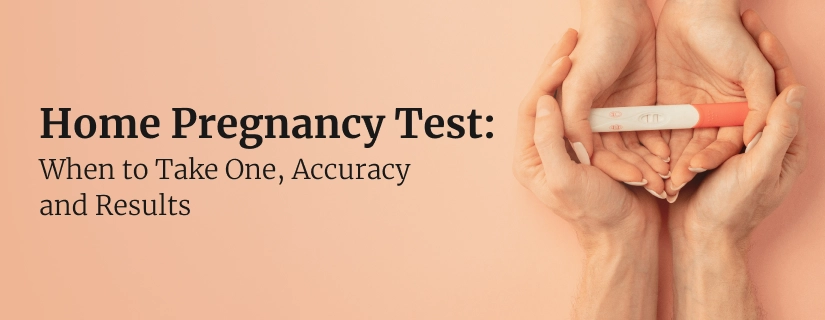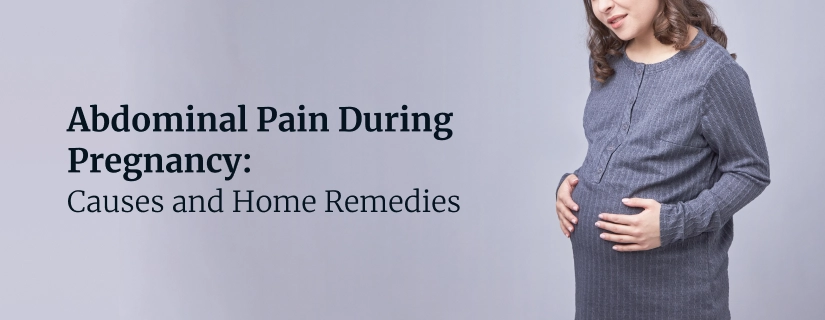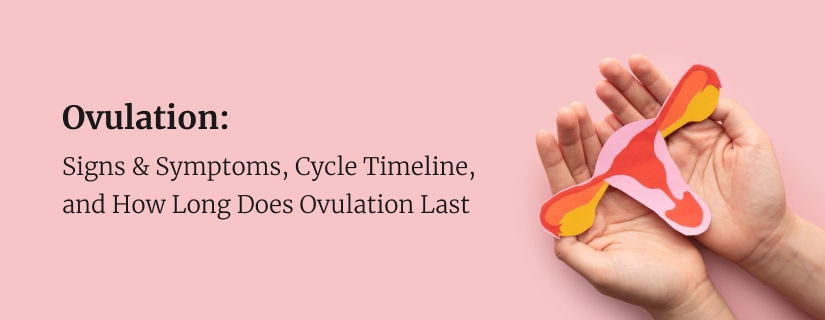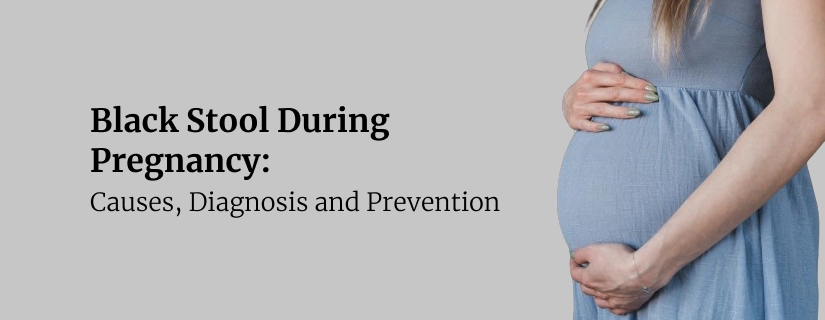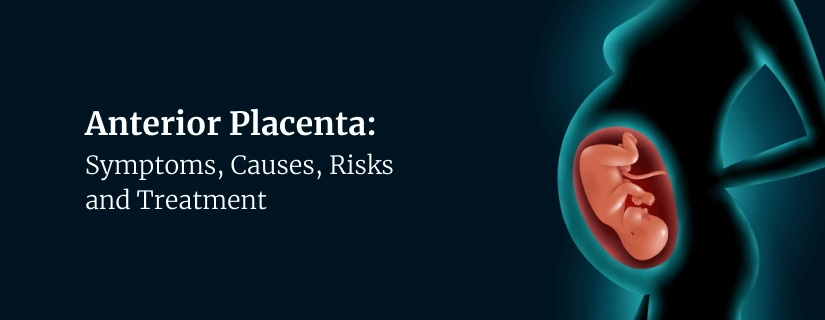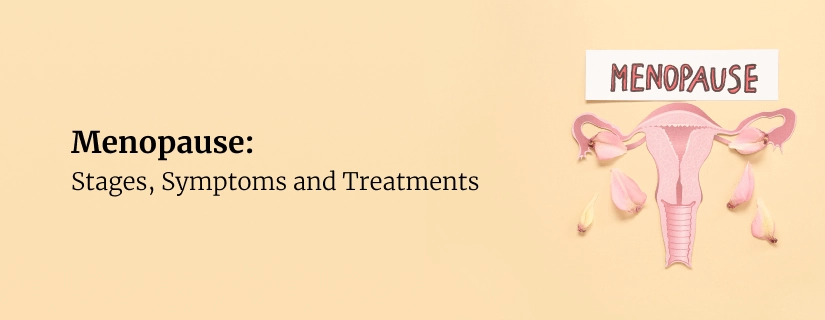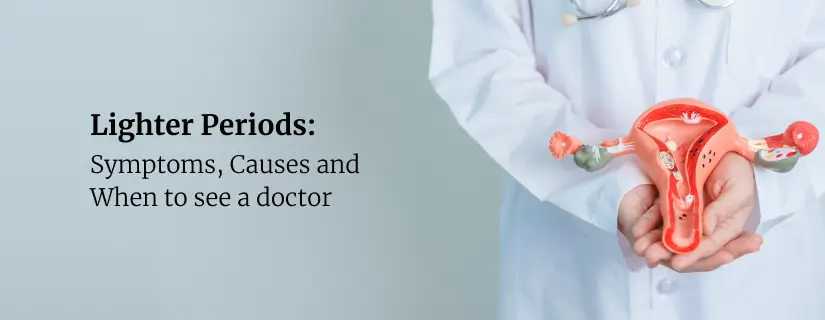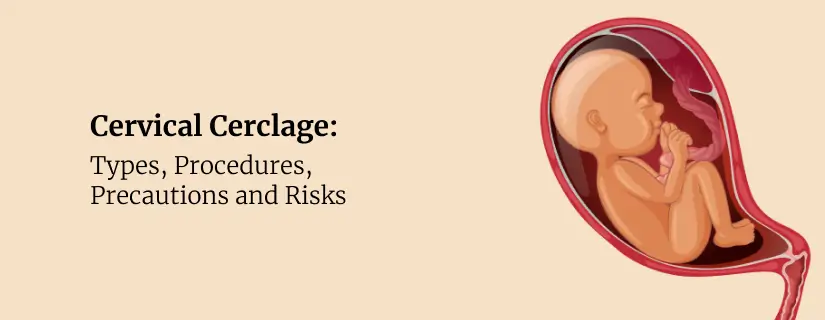-
Doctors
-
Specialities & Treatments
Centre of Excellence
Specialties
Treatments and Procedures
Hospitals & Directions HyderabadCARE Hospitals, Banjara Hills CARE Outpatient Centre, Banjara Hills CARE Hospitals, HITEC City CARE Hospitals, Nampally Gurunanak CARE Hospitals, Musheerabad CARE Hospitals Outpatient Centre, HITEC City CARE Hospitals, Malakpet
HyderabadCARE Hospitals, Banjara Hills CARE Outpatient Centre, Banjara Hills CARE Hospitals, HITEC City CARE Hospitals, Nampally Gurunanak CARE Hospitals, Musheerabad CARE Hospitals Outpatient Centre, HITEC City CARE Hospitals, Malakpet Raipur
Raipur
 Bhubaneswar
Bhubaneswar Visakhapatnam
Visakhapatnam
 Nagpur
Nagpur
 Indore
Indore
 Chh. Sambhajinagar
Chh. SambhajinagarClinics & Medical Centers
Book an AppointmentContact Us
Online Lab Reports
Book an Appointment
Consult Super-Specialist Doctors at CARE Hospitals
Implantation Bleeding: When Does it Occur, Symptoms and Treatment
Updated on 4 January 2024
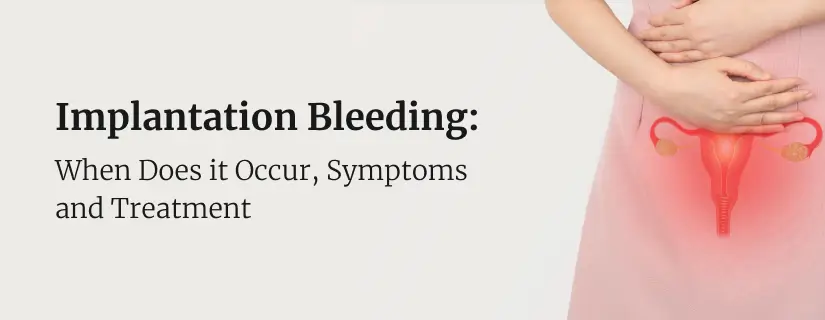
Table of Content
- How to Recognize Implantation Bleeding? Is It the Same as Normal Periods?
- Why Does Implantation Bleeding Happen?
- When Does Implantation Bleeding Occur?
- What are the Symptoms of Implantation Bleeding?
- Diagnosis
- How long is Implantation Bleeding?
- Do I Need to Take Treatment for Implantation Bleeding?
- Implantation Bleeding vs. Period
- When Should You Consult a Doctor for Implantation Bleeding?
- Conclusion
- FAQs
Your beautiful pregnancy journey may commence with what we call implantation bleeding. The question that comes to our mind now is what implantation bleeding is and when we get implantation bleeding. Implantation bleeding is a light and brief spotting or discharge that some women may experience when a fertilized egg attaches to the lining of the uterus. The bleeding is usually very light, often just a few drops, and maybe pink or brown. Implantation bleeding is relatively common, occurring in approximately 25% of pregnancies. However, due to its light nature, some individuals may not even notice it. Implantation bleeding is considered a normal part of early pregnancy for some women, but not all women experience it. It is often one of the early signs of pregnancy, though it can be easily mistaken for a light period.
How to Recognize Implantation Bleeding? Is It the Same as Normal Periods?
One of the most common dilemmas is the difference between implantation bleeding and period. Some characteristics that may help you differentiate between the two are:
- Implantation bleeding usually occurs a few days before your expected period or around the time your period is due.
- Implantation bleeding is generally lighter than a typical menstrual period. It may be pink or brown and is often scanty, not requiring a pad or tampon.
- Implantation bleeding lasts only a day or two, while menstrual bleeding can last several days.
- Some women may experience mild cramping during implantation bleeding not as intense as menstrual cramps.
- Unlike menstrual blood, which can be heavy and continuous, implantation bleeding is often more intermittent and may only appear when you wipe.
Why Does Implantation Bleeding Happen?
When a fertilized egg implants into the uterus lining, it resembles a delicate touch. During this process, known as implantation, the fertilized egg, also called a blastocyst, burrows into the uterine lining, and this can cause a small amount of blood to be released. Picture it as a small animal digging into the ground to create a comfortable nest. The displaced "dirt" is akin to the uterine lining and the embryo, the small animal. After this tender interaction, your body begins producing the human chorionic gonadotropin (HCG) hormone, which is like announcing a budding relationship, confirming the presence of pregnancy.

When Does Implantation Bleeding Occur?
Most people do not know the definite answer to the question, "When does implantation bleeding happen."
Implantation bleeding usually happens when you expect around six to 12 days after fertilization. What's noteworthy is that many of us haven't taken a pregnancy test at this point, so we might not even realize we're pregnant. Implantation bleeding timing is a sensitive phase, and recognizing these subtle signs can be the beginning of a beautiful journey.
What are the Symptoms of Implantation Bleeding?
Implantation bleeding is marked by light bleeding or spotting lasting a day or two. This subtle phenomenon may also accompany other early pregnancy symptoms, such as:
- Headache: Some women may experience headaches due to early pregnancy discomfort.
- Breast tenderness: The hormonal changes associated with pregnancy can lead to increased breast tenderness or sensitivity.
- Bloating or nausea: A feeling of bloating and occasional nausea can indicate the body adjusting to early pregnancy changes.
- Feeling tired: Fatigue is a common early pregnancy symptom as your body works hard to support the developing pregnancy.
- Implantation bleeding color: This bleeding differs from your typical monthly period, which is usually bright red or dark red for most individuals. Implantation bleeding can vary in color from light pink to brown or dark brown and tends to resemble vaginal discharge more than a regular period.
Other Symptoms of Implantation Bleeding:
- Light Cramping: Mild cramps in the lower abdomen, similar to menstrual cramps.
- Nausea: Feeling slightly queasy or nauseous.
- Breast Tenderness: Sore or swollen breasts.
- Fatigue: Feeling unusually tired or sleepy.
- Mood Swings: Changes in mood or irritability.
- Increased Urination: Needing to pee more often than usual.
Diagnosis
To diagnose implantation bleeding, doctors typically follow these steps:
- Review Symptoms: The doctor will ask about your bleeding, including how light or heavy it is, when it started, and if you have any other symptoms.
- Pregnancy Test: They may recommend a home pregnancy test or a blood test to check for the pregnancy hormone hCG, which can indicate early pregnancy.
- Ultrasound: In some cases, an ultrasound might be done to confirm the pregnancy and ensure the embryo is developing correctly.
- Physical Examination: The doctor may perform a pelvic exam to check for any abnormalities or signs of other conditions.
How long is Implantation Bleeding?
Implantation bleeding is brief, lasting for a short duration, with the period varying among individuals. It commonly occurs for one to two days, although in some cases, it may extend slightly longer. Generally, it's uncommon for this type of bleeding to persist for more than three days.
Do I Need to Take Treatment for Implantation Bleeding?
A healthy pregnancy does not require any specific treatment for implantation bleeding, as it naturally resolves. If the bleeding is soaking through a pad, it's advisable to seek medical advice as this may not be typical implantation bleeding.
Implantation Bleeding vs. Period
Aside from the color of the blood (pink or brownish versus red or dark red), there are several other differences between implantation bleeding and a regular period:
- Duration: Implantation bleeding typically lasts 1-3 days, while a period usually lasts around a week.
- Amount of Blood: Implantation bleeding is usually just light spotting or a very light flow. In contrast, a period involves a heavier flow, requiring multiple pads or tampons, and starts off heavy before tapering off.
- Cramping: Implantation bleeding may cause very mild cramping. Period cramps often begin a day or two before bleeding starts and can be quite intense for some people.
When Should You Consult a Doctor for Implantation Bleeding?
If you experience any of the following symptoms along with implantation bleeding, it is advisable to consult a doctor:
- Heavy Bleeding: If you notice bleeding that goes beyond light spotting or a few drops of blood and it soaks through pads or tampons, it’s important to take note. Heavy bleeding can be a sign of a more serious issue.
- Severe Abdominal Pain: Experiencing intense pain or cramping in your abdomen along with bleeding can be a concern. If the pain is severe and persistent, it’s worth seeking medical advice.
- Fever: If you develop a fever while experiencing bleeding, it could indicate an infection. This is especially important to address promptly, as infections require treatment.
- Unusual Discharge: If you notice any unusual or foul-smelling discharge along with your bleeding, this can be a sign of an infection or other health issue that needs attention.
- Prolonged Bleeding: If your bleeding continues for a long time or if your symptoms get worse over time, it’s important to consult with a healthcare provider. Extended bleeding or worsening symptoms can indicate a more serious condition that needs to be evaluated.
Conclusion
Implantation bleeding, a common occurrence about 10 to 14 days post-conception, involves a small amount of light spotting or bleeding. It is not a cause for concern. This phenomenon happens when the fertilized egg attaches to the uterine lining, typically around an expected menstrual period. Distinguishing features of implantation bleeding include its lighter nature compared to a regular period. Only some people experience this, and some may mistake it for a light period. Implantation bleeding is self-limiting and requires no specific treatment. If you notice any vaginal bleeding, it's advisable to contact your doctor to rule out any potential issues and ensure a healthy pregnancy.
FAQs
1. When does implantation bleeding occur?
Implantation bleeding occurs around 6 to 12 days after fertilization.
2. Can implantation bleeding be heavy?
Implantation bleeding is usually light; if experiencing heavy bleeding, consult your doctor.
3. Can implantation bleeding have blood clots?
Implantation bleeding is typically light and doesn't usually involve blood clots.
4. How long does implantation bleeding last?
Implantation bleeding lasts a few hours to a couple of days.
5. When to test after implantation bleeding?
Wait a few days to a week after implantation bleeding for a home pregnancy test.
6. How common is implantation bleeding?
Implantation bleeding is relatively common, occurring in 20-30% of pregnant women.
7. Is implantation bleeding a sign of pregnancy?
Yes, it's often considered a sign of early pregnancy.
8. Does implantation bleeding always happen?
No, not every woman experiences implantation bleeding; it varies.
9. Do you feel pregnant during implantation bleeding?
Some women might feel mild symptoms like cramping or slight discomfort during implantation bleeding, but it's typically too early to feel pregnant. Pregnancy symptoms usually start a bit later when hormone levels rise.
10. What week of pregnancy is implantation?
Implantation typically occurs around week 3 of pregnancy, which is about 6 to 12 days after ovulation and conception.
11. How do I know if I had implantation bleeding?
Implantation bleeding is light spotting, often pink or brown, and lasts 1-2 days. It’s lighter than a regular period and happens around the time your period is due.
12. Will a pregnancy test be positive during implantation bleeding?
It’s possible, but if the test is too early, it might still be negative. Waiting a few days could give a more accurate result.
13. What does implantation bleeding look like?
Implantation bleeding is usually light and can be pink or brownish. It's different from a regular period, as it’s much lighter and doesn’t last as long.
14. How many days is pregnancy implantation bleeding?
Implantation bleeding usually lasts for 1 to 2 days, but it can vary slightly from person to person.
15. Can you feel implantation on one side?
Yes, some women may feel a mild cramp or twinge on one side during implantation, but not everyone experiences this. It’s a subtle sensation that can vary from person to person.
ENQUIRY FORM
SELECT CATEGORIES
-
Neurosciences (16)
-
Neurology (37)
-
Neurosurgery (14)
-
Orthopaedics (48)
-
Oncology (33)
-
Obstetrics and gynecology (52)
-
Pulmonology (23)
-
Urology (20)
-
Nephrology (13)
-
Psychiatry (7)
-
Dietetics and Nutrition (111)
-
General Medicine (63)
-
Cardiac Sciences (32)
-
Vascular & Endovascular Surgery and Interventional Radiology (15)
-
Gastroenterology (46)
-
Endocrinology (23)
-
Plastic Surgery (10)
-
Critical Care Medicine (5)
-
COVID-19 (16)
-
Dermatology (16)
-
Emergency Care (1)
-
Ophthalmology (4)
-
Pediatrics (14)
-
Laparoscopic and Bariatric Surgery (8)
-
ENT (15)
-
Kidney Transplant (1)
-
Liver Transplantation and Hepatobiliary Surgery (5)
-
General Surgery (3)
-
Internal Medicine (5)
-
Medicine Information
Pregnancy Test: How Do They Work and When to Take?
Why Is My Period Blood Brown?
YOU MAY ALSO LIKE
RECENT BLOGS
-

Preterm Birth (Premature Birth): Symptoms, Causes, Treatment and Prevention
13 May 2025
Read More
-

Rotablation Angioplasty: Benefits, Treatments, And Recovery Time
9 May 2025
Read More
-

What Is The Difference Between IUI and IVF?
9 May 2025
Read More
-

Venous Malformations: Causes, Symptoms, and Treatment
30 April 2025
Read More
-

Varicose Vein Foam Sclerotherapy: Treatment, Benefits, and Procedure
30 April 2025
Read More
-

Radiofrequency (RF) Ablation Treatment for Varicose Veins: Know More
30 April 2025
Read More
-

Varicose Vein Sclerotherapy: Treatment, Benefits, and Procedure
30 April 2025
Read More
-

Varicose Vein Endovenous Laser Ablation: Procedure, Benefits, Risks
30 April 2025
Read More
Have a Question?
If you cannot find answers to your queries, please fill out the enquiry form or call the number below. We will contact you shortly.


















